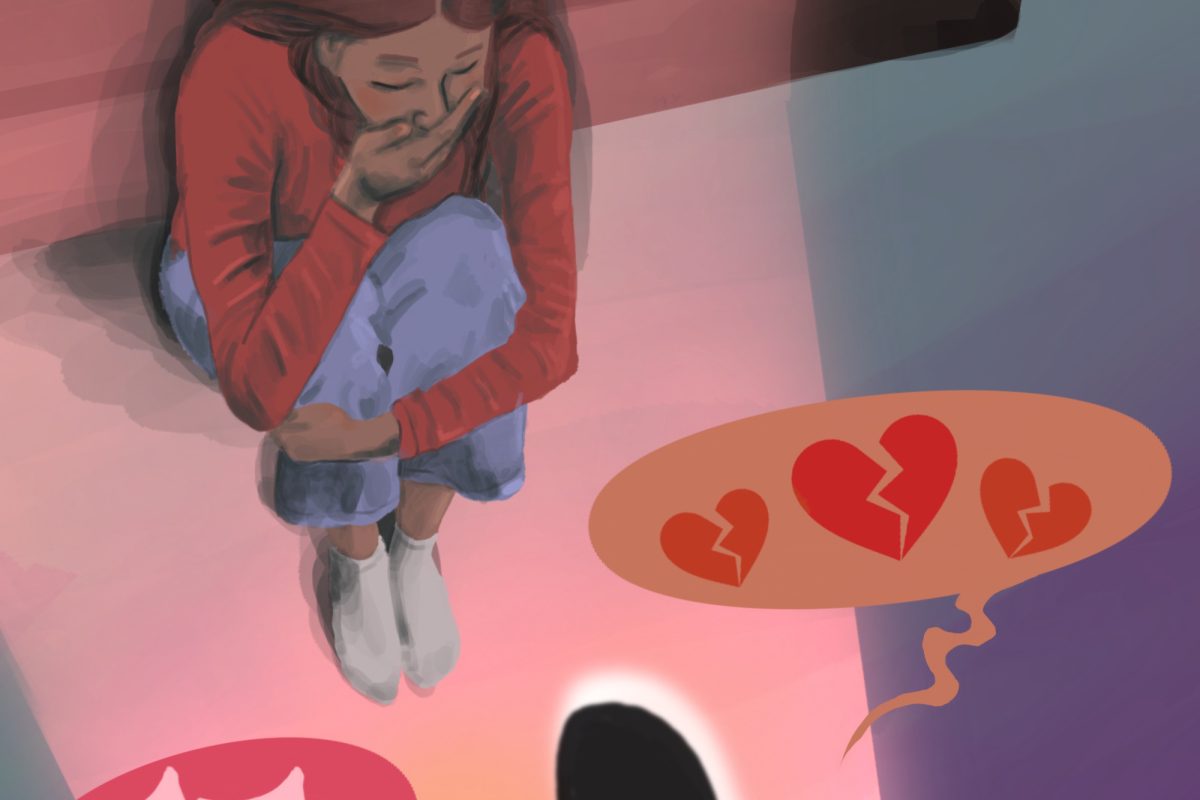On a sunny beach, a group of singles have come together to find their perfect match. But during their stay and attempts at love, they have to navigate the breaking down and building up of relationships — romantic and platonic. Friendships are made, relationships are broken. And people keep watching.
“Love Island,” “Too Hot To Handle,” “Single’s Inferno,” and “FBoy Island.” These popular reality dating shows (and more) have one thing in common: drama. The drama is what draws viewers in, and then the exaggerated relationships and the discourse in the shows causes viewers to come back again and again. And U-High students are no different.
Junior Oscar Kasthuri enjoys dating shows like “Too Hot To Handle” and “Love Island.” The drama and the relationships cause him to always come back to these shows.
“I just love the drama, if we’re being real,” Oscar said. “I love the drama that comes with dating. I think it’s beautiful, and I love to watch it. I love people arguing over boyfriends, girlfriends and staying on the show. It’s my favorite thing.”
Over the years, dating shows have evolved from “The Dating Game,” “Love Connection” and “Singled Out,” where the single female contestant would go on the show, and hear from three or more single men who would each try to convince her that he was the best choice.
Nowadays, most dating shows feature actors who are looking for jobs rather than people truly looking for love, which impacts the way relationships are portrayed. Oscar was drawn to “Love Island” because he saw a clip of it on TikTok and it featured the YouTuber Harry Jowsy, who he had been following.
Watching relationships getting played up on TV affects how teens view their own relationships. Sophomore Kate Ryan said she definitely sees and believes that dating shows affect the ways teenagers view their relationships because it’s the only experience with them they have.
“I mean, I think it affects relationships a lot because it’s the content we’re consuming all the time,” Kate said. “And if that’s your only exposure to dating, and when you haven’t had much experience with it, and that’s what you see and that’s what all your friends are seeing, it becomes part of the culture and part of the dating culture that most people see.”
Kaavya Peddinti, a junior, used to be an avid enjoyer of dating shows but stopped watching because she wanted to enjoy TV that had an actual plot and a meaning.
“I thought it was really entertaining, and all of them were so dramatic that it was just so funny to watch,” Kaavya said, “which I know it’s kind of rude to say that people having conversations is dramatic, but it really is. But I stopped watching about a year ago because I got more interested in plots and meaning.”
Although Kaavya isn’t an enjoyer of these reality dating shows anymore, she still finds enjoyment in “Indian Matchmaking,” a Netflix series following Sima Tapari, a veteran matchmaker in Mumbai, who searches to find people their perfect other half.
“I literally love ‘Indian Matchmaking’ because the other dating shows are actually all stupid,” Kaavya said. “And it’s so funny to watch, and I love seeing Indian representation. But ‘Indian Matchmaking’ is a very different process than other dating shows.”
As the show comes to an end, after all the ups and downs, and a public voting, the couple that has lasted throughout the show’s trials gets handed two envelopes: one with money inside, one empty. If the one with the money shares it they were in it for the love, but if they keep it they were just in it for the money — and the viewer is even more intrigued with that one final moment of drama.





















































